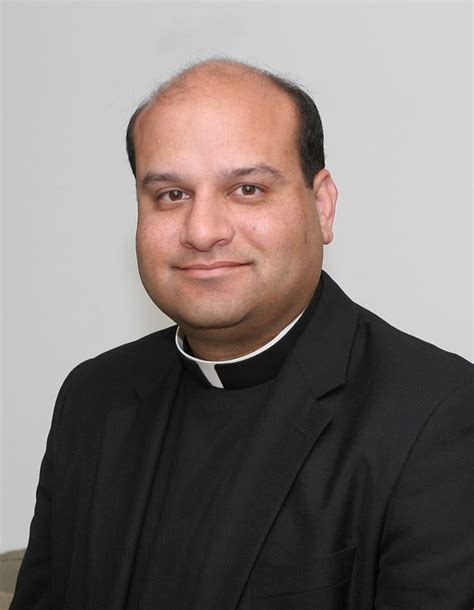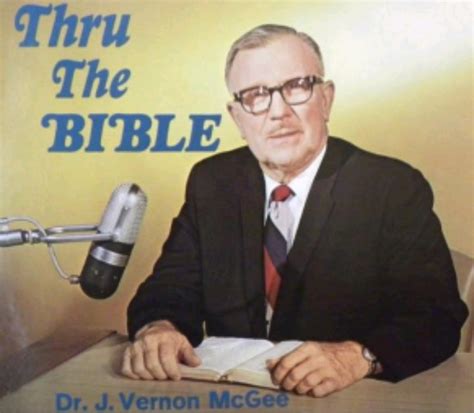A Quote by Josh McDowell
Most Christians when asked what is the essence of the Christian faith will say it is all in the rules to be acceptable by God. That is anti-Christian, but they don't know that.
Quote Topics
Related Quotes
Christians have always tended to transform the Christian Revelation into a Christian religion. Christianity is said to be a religion like any other or, conversely, some Christians try to show that it is a better religion than the others. People attempt to take possession of God. Theology claims to explain everything, including the being of God. People tend to transform Christianity into a religion because the Christian faith obviously places people in an extremely uncomfortable position that of freedom guided only by love and all in the context of God's radical demand that we be holy.
In restating this basic Christian doctrine, Benedict argues that it is not only for Christians alone. Others may not share the Christian faith in God, but the Christian proclamation that hope comes from within the person- in the realm of faith and conscience - is for them too. It offers an important protection against stifling and occasionally brutal social systems built on false hopes that come from outside the person, founded on political idealogies, economic models and social theories.
The real issue relating to exclusiveness is whether or not the Christian actually has a relationship with God, a presence of God, which non-Christians do not have. Apart from Christian spiritual formation as described here, I believe there is little value in claiming exclusiveness for the Christian way.
Christian faith is exclusivistic. Christian faith lays claim upon our lives. The sanctity of life, what we do with a life, is very definitive in the Christian faith, what we do with sexuality, what we do with marriage, all of the fundamental questions of life have points of reference for answers, and people just have an aversion for that. That I think is the biggest reason they feel hostile towards the Christian faith.
A living faith is always on trial; we call it faith for that reason. When I read in some alarmist book that the Christian faith is now on trial, or "at the crossroads," my impulse is to answer, Why Not? Does anybody know a time when the Christian faith was not on trial, or when the Christian life was a simple walkover, with neither principalities nor powers to dispute its advance?
It must be understood that there are no nominal, halfhearted, lukewarm Christians in Russia or China. The price Christians pay is far too great. The next point to remember is that persecution has always produced a better Christian - a witnessing Christian, a soul-winning Christian. Communist persecution has backfired and produced serious, dedicated Christians such as are rarely seen in free lands. These people cannot understand how anyone can be a Christian and not want to win every soul they meet.
In practice it undermines the transformation of faith. When Christians concentrate their time and energy on their own separate spheres and their own institutions-whether all-absorbing megachurches, Christian yellow-page businesses, or womb-to-tomb Christian cultural ghettoes-they lose the outward thrusting, transforming power that is at the heart of the gospel. Instead of being 'salt' and 'light' -images of a permeating and penetrating action-Christians and Christian institutions become soft and vulnerable to corruption from within.
When I hear Christians say, "I don't do this, and I don't do that, and I am following a set of rules," I immediately recognize that they know very little about the grace of God. They are trying to live the Christian life in their own strength. But Paul says, "Be strong in the grace that is in Christ Jesus."
In the modern Christian attempt to take a stand as Christ did, and maybe for others, win the approval of the world, the Christian will often think that it consists of targeting and demoralizing fellow Christians and only fellow Christians. It is one thing to stand against religious hypocrisy when one sees it, but it is another to go on snorting at anything or anyone who might seem 'too Christian' to us. The irony is that by doing this we are further advocating hypocrisy and 'half-hearted Christians'.
Do I as a Christian understand myself? Do I know my own real identity? My own real destiny? I am a child of God, God is my Father; heaven is my home; every day is one day nearer. My Saviour is my brother; every Christian is my brother too. Say it over and over again to yourself first thing in the morning, last thing at night, as you wait for the bus, any time when your mind is free, and ask God that you may be enabled to live as one who knows it is all utterly and completely true. For this is the Christians secret of the Christian life, of a God-honouring life.
A Christian should know that God is a Creator, that God is an entity that is all-powerful and all knowledgeable, God is everywhere and God is an entity filled with grace, love, compassion and forgiveness, that Jesus is the son of God and Jesus came on earth to explain to people in a very revolutionary way the nature of God, that God was not a stern judge who was keeping track of 600 or so rules and regulations that you had to keep in order to be acceptable to God.





































